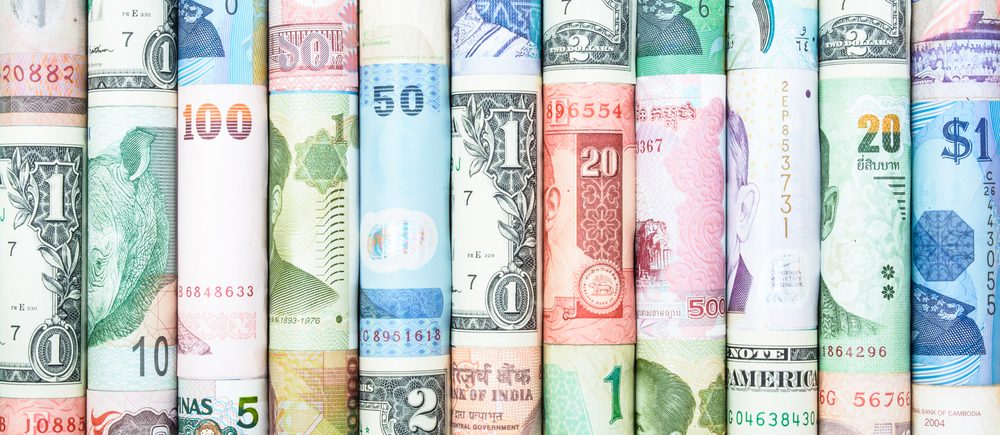Currency markets were dominated by political developments on Tuesday, with the Japanese yen falling to a two-month low following Sanae Takaichi’s victory in Japan’s ruling party leadership race, while the euro weakened further as France’s political crisis deepened after the resignation of its prime minister.
Yen Drops as Takaichi Signals Looser Policy
The yen extended its losses, sliding 0.3% to 150.88 per dollar, its weakest since early August, after Takaichi — expected to become Japan’s next prime minister — pledged aggressive fiscal spending and criticized the Bank of Japan’s (BoJ) recent rate hikes.
Money market traders slashed expectations for another BoJ rate increase at the October 30 meeting, pricing in only a 25% probability, down from 60% before her victory. Analysts at Danske Bank said the central bank is likely to stay on hold this month but could tighten again in December if inflation remains above target.
The yen also fell to 176.35 per euro, its lowest level since the euro’s creation in 1999, before recovering slightly. Japan’s Finance Minister said authorities were watching for “excessive moves,” signaling possible verbal intervention to curb volatility.
Market participants noted that the 150-yen-per-dollar level is both psychologically and economically significant, with traders watching for signs of potential government action to stabilize the currency.
Euro Under Pressure After French Political Shock
The euro remained fragile following Monday’s abrupt resignation of French Prime Minister Sebastien Lecornu, which sparked renewed concerns over fiscal discipline in Europe’s second-largest economy.
France now faces a likely delay in submitting its 2026 budget bill, forcing lawmakers to prepare temporary spending legislation to avoid a funding lapse from January 1. The widening spread between French and German 10-year yields — reaching 88 basis points, the widest since January — reflected growing investor unease about France’s political and fiscal outlook.
The euro fell 0.4% to $1.1661, extending its two-day decline. Analysts said the uncertainty could weigh further on the single currency if France’s political gridlock hampers fiscal reforms.
European Central Bank officials, including President Christine Lagarde, said this week that rates are “appropriate” but could be trimmed slightly if inflation undershoots projections — a tone seen as mildly dovish amid weak eurozone growth data.
Dollar Gains Despite U.S. Shutdown
The U.S. dollar index rose 0.4% to 98.49, supported by the euro and yen’s weakness, even as the U.S. government shutdown stretched into its second week. The closure has delayed key economic reports, including September’s nonfarm payrolls, leaving traders reliant on global political developments and central bank expectations for direction.
Analysts at Danske Bank noted that in the absence of U.S. data, “political narratives are driving markets more than fundamentals,” with investors balancing rate-cut expectations from the Federal Reserve against global political instability.
Market Outlook
With Japan’s leadership transition and France’s political turmoil creating crosscurrents, forex traders are likely to see elevated volatility through October.
Analysts expect the yen’s direction to hinge on early signals from Takaichi’s cabinet and the BoJ’s policy stance, while the euro could remain sensitive to headlines from Paris and ongoing fiscal developments in the eurozone.
 Noor Trends News, Technical Analysis, Educational Tools and Recommendations
Noor Trends News, Technical Analysis, Educational Tools and Recommendations





